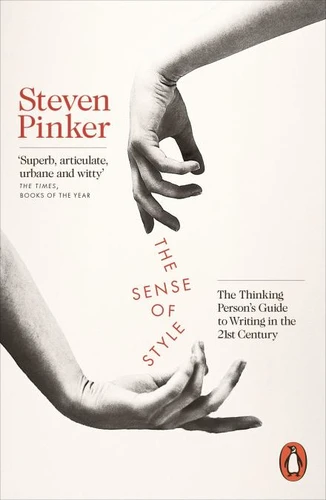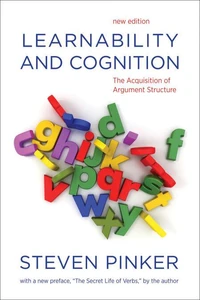The Sense of Style. The Thinking Person's Guide to Writing in the 21st Century
Par :Formats :
Disponible dans votre compte client Decitre ou Furet du Nord dès validation de votre commande. Le format ePub protégé est :
- Compatible avec une lecture sur My Vivlio (smartphone, tablette, ordinateur)
- Compatible avec une lecture sur liseuses Vivlio
- Pour les liseuses autres que Vivlio, vous devez utiliser le logiciel Adobe Digital Edition. Non compatible avec la lecture sur les liseuses Kindle, Remarkable et Sony
- Non compatible avec un achat hors France métropolitaine
 , qui est-ce ?
, qui est-ce ?Notre partenaire de plateforme de lecture numérique où vous retrouverez l'ensemble de vos ebooks gratuitement
Pour en savoir plus sur nos ebooks, consultez notre aide en ligne ici
- Nombre de pages368
- FormatePub
- ISBN978-1-84614-551-3
- EAN9781846145513
- Date de parution04/09/2014
- Protection num.Adobe DRM
- Infos supplémentairesepub
- ÉditeurPenguin
Résumé
Bad writing can't be blamed on the Internet, or on 'the kids today'. Good writing has always been hard: a performance requiring pretense, empathy, and a drive for coherence. In The Sense of Style, cognitive scientist and linguist Steven Pinker uses the latest scientific insights to bring us a style and usage guide for the 21st century. What do skilful writers know about the link between syntax and ideas? How can we overcome the Curse of Knowledge, the difficulty in imagining what it's like not to know something we do? And can we distinguish the myths and superstitions from rules that enhance clarity and grace? As Pinker shows, everyone can improve their mastery of writing and their appreciation of the art (yes, 'their').
Bad writing can't be blamed on the Internet, or on 'the kids today'. Good writing has always been hard: a performance requiring pretense, empathy, and a drive for coherence. In The Sense of Style, cognitive scientist and linguist Steven Pinker uses the latest scientific insights to bring us a style and usage guide for the 21st century. What do skilful writers know about the link between syntax and ideas? How can we overcome the Curse of Knowledge, the difficulty in imagining what it's like not to know something we do? And can we distinguish the myths and superstitions from rules that enhance clarity and grace? As Pinker shows, everyone can improve their mastery of writing and their appreciation of the art (yes, 'their').





















